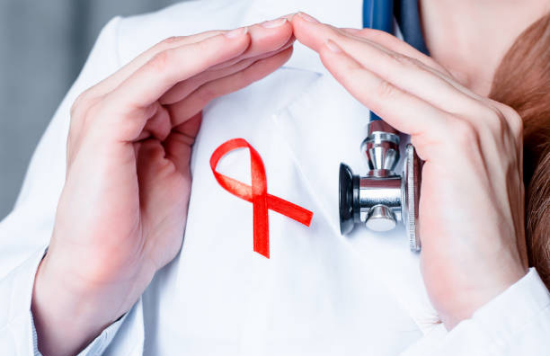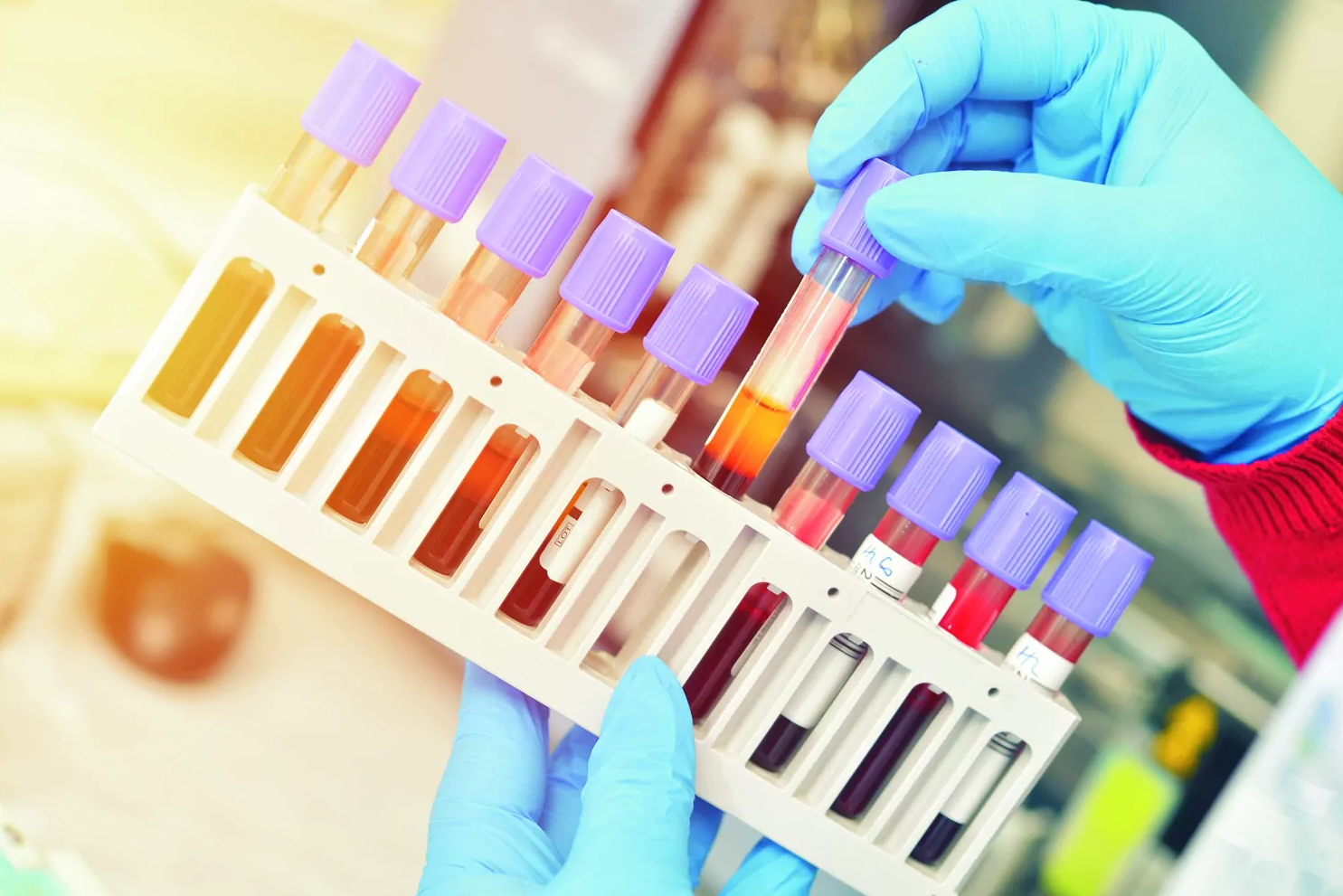Living with HIV can be a challenging and arduous journey. It requires careful management, self-awareness, and a positive attitude toward one's health. However, with proper care and treatment, people living with HIV can live long and healthy lives. As the saying goes, "prevention is better than cure," people must take charge of their own health and make the necessary preparations to effectively treat HIV.

HIV (Human Immunodeficiency Virus) is a virus that attacks the immune system, making it more susceptible to other infections. It is spread through infected blood, breast milk, semen, and vaginal fluids. After infection, a person is HIV positive, which means they carry the virus in their body. If left untreated, HIV can lead to AIDS (Acquired Immune Deficiency Syndrome), a condition in which a person's immune system is severely compromised and they are at high risk of developing serious illness.
The first and most important step in treating HIV is testing. It is recommended that everyone between the ages of 13 and 64 get tested for HIV at least once as part of a routine health checkup. More frequent testing is recommended for people who engage in high-risk behaviors, such as unprotected sex or sharing needles. Early detection of HIV allows for prompt treatment, which can significantly improve the quality of life and length of life for people living with the virus.
Once a person is diagnosed with HIV, they must immediately begin antiretroviral therapy (ART). ART involves taking a combination of HIV medications to stop the virus from multiplying in the body. These medications work by slowing down the rate at which HIV replicates, allowing the immune system to function better. ART also reduces the risk of transmitting the virus to others.
In addition to ART, people living with HIV must make lifestyle changes to improve their overall health. This includes eating a healthy, balanced diet, quitting smoking, and avoiding excessive alcohol consumption. Smoking and excessive alcohol consumption weaken the immune system, making it harder for the body to fight off infection. Regular exercise is also important because it improves physical and mental health, increases energy levels, and reduces stress.
In addition to lifestyle changes, people living with HIV also need to focus on their mental health. An HIV diagnosis can be overwhelming and lead to anxiety, depression, and other mental health issues. In order to effectively manage these emotions, it is important to seek support from a healthcare professional, support group, or therapist. Mental health plays an important role in the overall health of people living with HIV.
In addition to taking care of your own health, it is also important to take the necessary precautions to prevent the spread of HIV to others. This includes using condoms during sexual intercourse and not sharing syringes. It is also recommended to inform sexual partners and healthcare professionals of one's HIV status. This will not only help prevent the spread of the virus, but also allow for better treatment of the disease.
It is also important to have a strong support system in place to effectively treat HIV. This can include family, friends, and support groups. A positive and supportive network can provide emotional support, reduce stigma, and empower the person living with HIV to take responsibility for their own health. It is important to educate family members and involve them in the life of the person living with HIV to create a supportive and understanding environment.
In addition to the above measures, it is also important for people living with HIV to have regular checkups with a doctor. These checkups can help monitor the virus and make necessary adjustments to the treatment plan. Vaccinations for other infections such as influenza, pneumonia, and hepatitis are also recommended, as people living with HIV have weaker immune systems and are more susceptible to these infections.
In summary, HIV treatment requires active measures and preparation by people living with the virus. In addition to proper medical care and treatment, adopting a healthy lifestyle, considering mental health, preventing transmission, and building a support system are key elements to effective HIV treatment. With these necessary preparations, people living with HIV can take charge of their health and live happy, productive lives. Remember, HIV infection is not a death sentence. With the right care, HIV can become a manageable, chronic disease.





